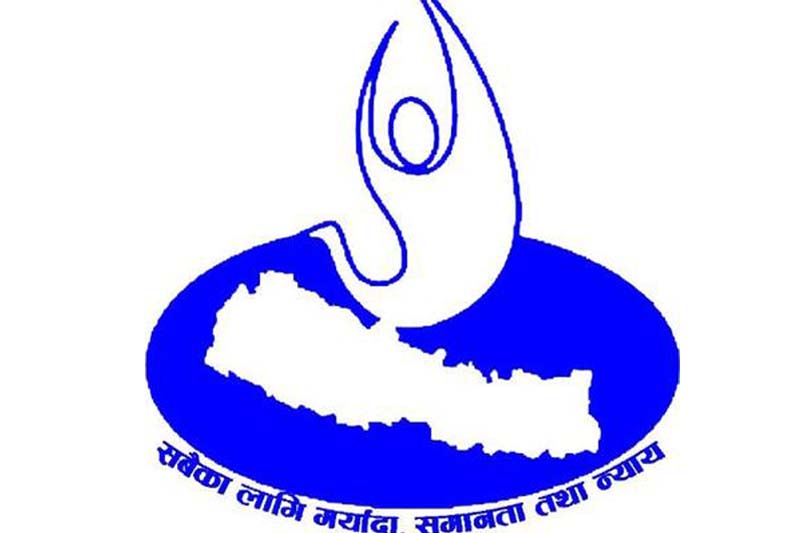Rights bodies accuse PM Oli of harassing NHRC
Kathmandu, April 15
Leading human rights groups on Friday accused Nepal’s new prime minister of attempting to intimidate officials from a national watchdog, after it criticised Kathmandu’s handling of recent violence-hit protests.
In a joint statement, Amnesty International, Human Rights Watch and the International Commission of Jurists accused the government of failing to respect the independence of Nepal’s National Human Rights Commission.
Prime Minister KP Sharma Oli allegedly attacked watchdog officials over a submission they made to the United Nations Human Rights Council last month which called for a probe into claims that police used excessive force against protesters.
According to the commissioners, on April 3 the PM summoned NHRC Chair Anup Raj Sharma and other commissioners to question them about the NHRC statement issued by Commissioner Mohna Ansari during the Universal Periodic Review of the human rights situation in Nepal before the UN Human Rights Council in Geneva in March.
“The PM’s blatant attempt to intimidate the NHRC members for that submission is a flagrant violation of the government’s basic obligation to ensure the NHRC’s ability to carry out its work independently and without undue interference,” said Nikhil Narayan, senior legal adviser to the ICJ. He said PM Oli’s “attempt to intimidate the NHRC members for that submission” was a violation of the government’s basic obligation to ensure the NHRC’s ability to carry out its work independently and without undue interference.
The PM subjected commissioners to “aggressive questioning and reprimanding” after their UN submission, the groups said, calling on the government to end its “intimidation and harassment” of the watchdog.
Gopal Khanal, the prime minister’s foreign affairs adviser, rejected the claims.
“The PM simply opined that it was important for the NHRC to act more cautiously at a time when different international actors are misinterpreting Nepal’s human rights situation,” he told AFP.
The rights bodies also urged the prime minister and the government of Nepal to publicly state that the government would respect and guarantee the independence and integrity of the NHRC as the principal constitutionally mandated human rights body in the country, in accordance with international standards.
In its statement, the NHRC had highlighted ongoing human rights concerns, including discriminatory citizenship provisions in the new constitution, the continued failure to properly investigate alleged unlawful killings and excessive use of force during protests in the Tarai region in 2015.
While it is entirely appropriate for the prime minister, like other stakeholders, to consult the NHRC, such exchanges should be conducted with due respect for the legitimate exercise of the institution’s constitutional mandate, free of undue interference or intimidation, it added.
Champa Patel, Director of the South Asia Regional Office at Amnesty International, charged that the line and manner of questioning, particularly those aimed at Commissioner Ansari, revealed an intent not of clarification but intimidation that seeks to limit the role and effectiveness of the NHRC.
As tensions continue to simmer, the International Crisis Group, an NGO which works on conflict prevention, warned of renewed unrest unless the government resolves the dispute over new state borders. Madhesis say the borders, laid out in the charter adopted in September, will limit their representation in parliament.
The constitution, the first drawn up by elected representatives, was meant to cement peace and bolster Nepal’s transformation to a democratic republic after decades of political instability and a 10-year Maoist insurgency. But several rounds of talks between the government and the protesting parties have failed to reach an agreement.






